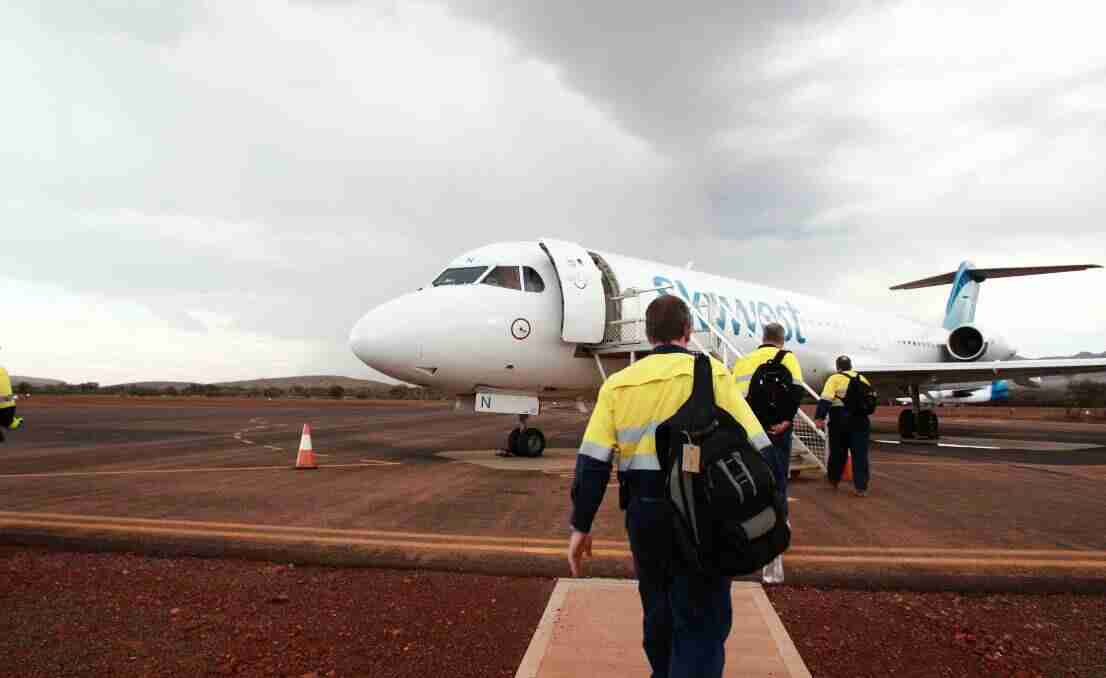What is FIFO work?
Fly-in fly-out work, commonly referred to as FIFO, is an increasingly popular avenue of employment for many Australians. Currently over 60,000 West Australians currently occupying various FIFO roles. FIFO involves flying to a remote location, working there for a set amount of time, before flying out to return home for a set amount of time. The cycle of FIFO work continues, with different jobs offering different rosters, such as two weeks on and two weeks off. While proving a popular employment option for Australians, it is important to also consider the toll that FIFO work can have on mental health and the wellbeing of employees, who often feel disconnected from their friends and families.
The upside? These roles typically pay well, with many additional employee benefits.
The downside? These roles can be gruelling and incredibly isolating, taking a significant toll on the mental health and wellbeing of those employed.
The impact of FIFO work on mental health and wellbeing
The combination of extended work hours, chaotic roster patterns, harsh climate, and distance from loved ones are considered to be significant factors contributing to feelings of isolation and loneliness. Recent studies have found that 1 in 3 FIFO workers experience high levels of psychological distress at some point in their careers. This includes heightened stress, fatigue, anxiety, and depression. They often feel a decreased sense of belonging due to the on again off again nature of the role, making it difficult to make lasting connections with colleagues, friends, and romantic partners. In addition to this, research has identified an increased likelihood of alcohol consumption and substance use as coping mechanisms among distressed FIFO workers. FIFO related work not only impacts the employees themselves, but their entire families. Often the absence from important family events, holidays, and milestones can elicit feelings of guilt and despair. It’s common for partners of FIFO workers to also experience increased psychological distress. This is an experience that is exacerbated for those with young children.
How to cope with the toll of FIFO work
Here are 5 strategies you and your loved ones can use to help your mental health and wellbeing as a FIFO worker:
- Set a routine – when you are home it can be difficult to unwind due to the demand of housework and day-to-day tasks. Ensure you schedule time for self-care, allowing yourself to have some well-earned rest and recovery.
- Stay connected – whether it’s through calls, texts, or videocalls, having a regularly scheduled time each day to check in back home with friends and family provides a sense of connection and can help with feelings of isolation.
- Adopt an engaged coping style – being emotionally attached to the job, openly engaging with colleagues, and facing conflicts as they occur as opposed to avoiding them and letting them fester, helps foster improved mental wellbeing and healthy coping mechanisms.
- Set achievable goals – having achievable goals in place will provide you with an incentive to strive towards, as well as a sense of achievement and pride once these goals are attained.
- Engage with employer provided services – many FIFO companies offer a range of mental health and wellbeing services, including counselling, help lines, medical services, and social workers. It is important to know what services your company provides, and the steps required to utilise them.
If you or someone you know is struggling in the FIFO industry, you can speak with a trained mental health professional by contacting us here.
